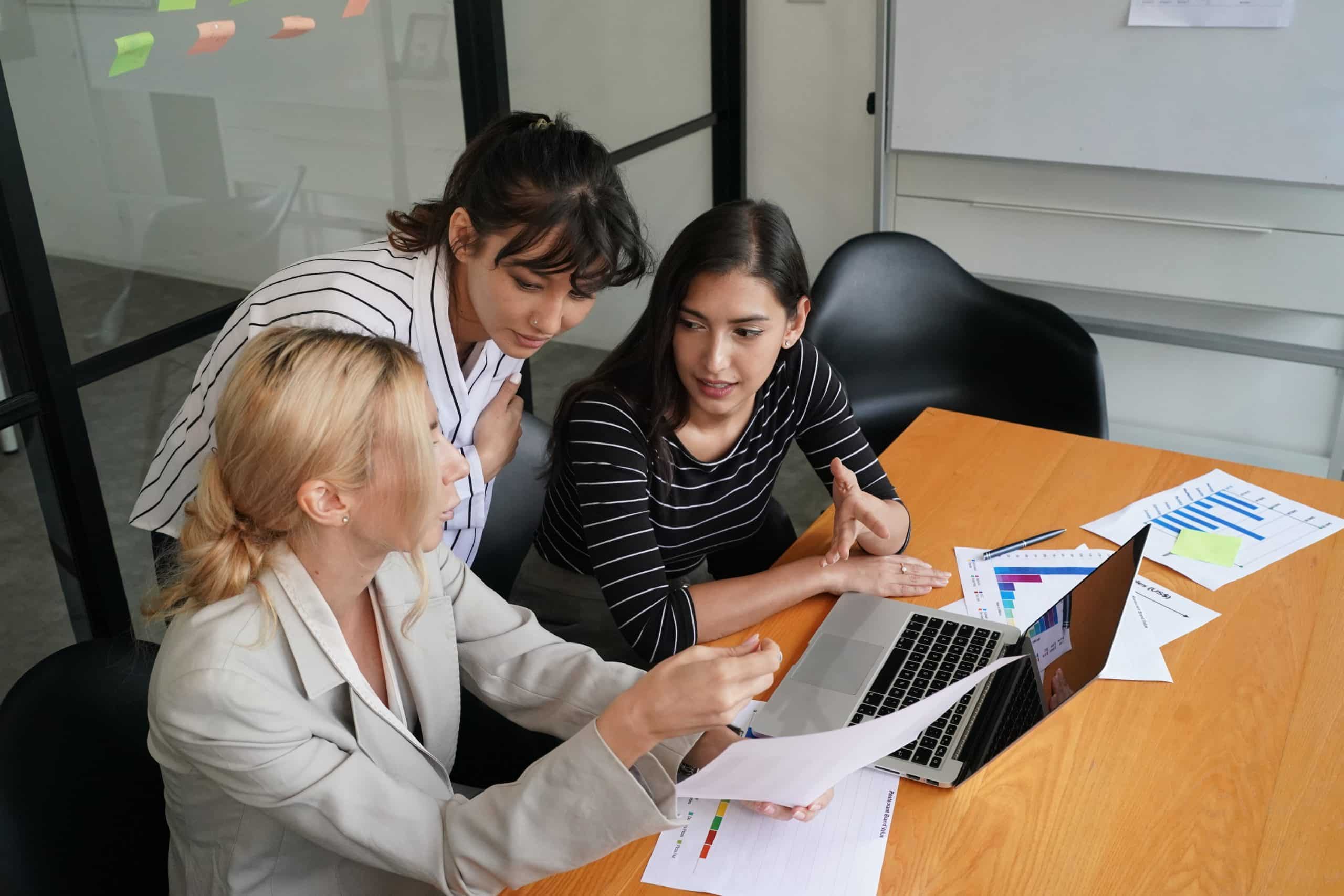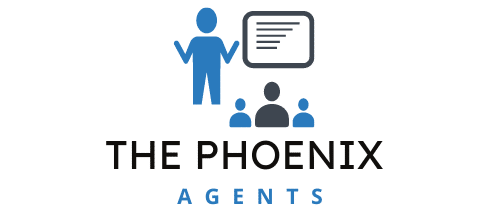What Are the Latest Advances in Social Psychology for Team Dynamics in Sports?

Sport psychology is a rapidly evolving field that merges knowledge of psychology and sport sciences. Its main objective is to understand and enhance the performance of athletes and teams, while promoting both physical and mental well-being. Today’s sports professionals recognize the profound influence of team dynamics, a multifaceted concept that involves group cohesion, leadership, task and social development.
In this article, we will delve into the recent advancements in social psychology related to team dynamics in sports. We’ll give an overview of the cutting-edge research findings, tools and methodologies that are currently shaping this field. Let’s begin.
Dans le meme genre : How to Apply Differential Learning in Sports Practice for Skill Diversification?
The Importance of Team Dynamics in Sports
It’s no secret that the collective performance of a team can eclipse the sum of individual abilities. Team dynamics, a term that refers to the behavioral and psychological relationships between team members, plays a critical role in this equation.
In sports, team dynamics can influence critical aspects such as team cohesion, motivation, communication, and overall performance. Even in individual sports, athletes often train in teams and rely on a support network that includes coaches, physiotherapists, and other specialists.
Avez-vous vu cela : Can Augmented Reality Improve Training for Precision Sports like Snooker?
The study of team dynamics in sports is not new. However, recent advances in social psychology have allowed for a deeper and more nuanced understanding of these dynamics. This knowledge is leveraged by coaches and athletes alike to optimize team performance and harmonious relationships within the team.
The Role of Leadership in Team Dynamics
Leadership is a cornerstone in the study of team dynamics in sports. A team leader is not just the person who wears the captain’s armband. Leaders can emerge in different contexts and roles within the team, whether it’s a player who motivates others during challenging moments or a coach who develops strategies for the group.
Research has shown that effective leadership can significantly enhance group cohesion, motivation, and ultimately, team performance. Thus, understanding leadership styles and their impact on team dynamics is crucial.
Recent advancements have emphasized the importance of shared or distributed leadership in sports teams. This approach suggests that leadership responsibilities should be dispersed among team members, rather than concentrated in a single individual. It has been associated with positive team outcomes as it encourages participation, cooperation, and a sense of ownership among the team members.
Team Cohesion and Sports Performance
The term team cohesion refers to the tendency for a group to stick together and remain united in pursuing its goals and objectives. It is one of the key aspects of team dynamics in sports and is often considered a decisive factor in sports performance.
Research has consistently found a strong correlation between team cohesion and performance outcomes. High levels of cohesion can enhance team members’ cooperation, communication, and mutual trust, leading to improved collective performance.
Recent studies have begun to unravel the causal mechanisms behind the cohesion-performance relationship, showing that cohesion can facilitate effective communication, increase individual effort, and enhance collective efficacy. At the same time, successful performance can also enhance team cohesion, creating a positive feedback loop.
Task and Social Development in Sports Teams
Task and social development are two fundamental aspects of team dynamics in sports. Task development refers to the team’s ability to effectively work together to achieve their goals, while social development pertains to the quality of interpersonal relationships within the team.
Task and social development are closely intertwined. Teams that function effectively on a task level often have strong interpersonal relationships, as successful collaboration requires communication, trust, and mutual respect. Conversely, good social relationships can facilitate task performance by creating a supportive and cooperative environment.
The latest research in this area has explored the optimal balance between task and social development. While both aspects are important, their relative importance can vary depending on the nature of the sport and the specific context.
Leveraging Scholarly Research to Improve Team Dynamics
The study of team dynamics in sports is inherently multidisciplinary, drawing on fields such as psychology, sociology, and sport science. As such, it is vital to stay updated with the latest advancements through sources such as Google Scholar, DOI, and Crossref. These platforms provide access to a wealth of peer-reviewed articles and cutting-edge research on team dynamics.
These resources are not solely for academics or professionals in the field. Coaches, players and anyone interested in sports can leverage this knowledge to better understand the complex dynamics at play in a sports team.
Moreover, researchers are increasingly translating their findings into practical applications, developing tools and techniques to measure and improve team dynamics. For instance, questionnaires and observational techniques are commonly used to assess team cohesion and leadership styles. Intervention programs have also been designed to foster team cohesion, promote effective leadership, and enhance overall team performance.
Advances in social psychology are revolutionizing our understanding of team dynamics in sports. By leveraging this knowledge, teams can maximize their potential and achieve their goals. Ultimately, the fruits of this research will lead not only to better sports performance, but also to a more enriching and rewarding sporting experience for all.
Applying Identity Leadership in Team Sports
Identity leadership is an emerging concept in the realm of team dynamics, which asserts that effective leaders are those who create, represent, advance, and embed a shared sense of social identity within the group. This form of leadership can be highly impactful in sports teams, where a sense of shared identity can unite team members and foster a cooperative environment conducive to high performance.
In the field of sports psychology, researchers have been exploring the potential of identity leadership as a tool to enhance team dynamics. In a study published in Sport Exercise Psychology, it was found that leaders who successfully instill a robust sense of social identity within the team can significantly improve group cohesion and team performance.
The application of identity leadership in sports teams goes beyond the typical notion of a single team captain. It emphasizes that any team member can adopt a leadership role by cultivating a strong collective identity, strengthening interpersonal relationships, and promoting shared goals.
Interestingly, the Sport Exercise Psychology study also highlighted the reciprocal relationship between identity leadership and team identification. As leaders foster social identity, team members develop a stronger sense of belonging and commitment, which in turn enhances their perception of and commitment to the leader. This creates a positive cycle of reinforcement, further solidifying the team’s dynamics and potential for success.
In the current era of professional sports, where competition is fierce and the margins between victory and defeat are razor-thin, the application of identity leadership can give teams a valuable edge. It can enhance motivation, facilitate cooperation, and ultimately, drive superior team performance.
The Use of Digital Platforms in Advancing Team Dynamics Research
The rapid advancement in digital platforms like Google Scholar, DOI, and Crossref has revolutionized the way researchers access and disseminate information. These platforms provide an extensive repository of peer-reviewed articles, including cutting-edge research in the field of social psychology and team dynamics.
One can easily access studies from various perspectives on team dynamics, leadership development, task cohesion, team performance, and sport exercise. This plethora of knowledge is invaluable, not just for researchers, but also for coaches, athletes, and anyone interested in team sports.
Aside from being research repositories, these platforms also facilitate global collaboration. Researchers from different points of view can connect, share their findings, and work together in expanding our understanding of team dynamics. This is particularly important in a multidisciplinary field like sport psychology, where insights from various disciplines can illuminate different aspects of team dynamics.
These digital platforms are shaping the future of research in team dynamics. By making scholarly articles easily accessible and facilitating global collaboration, they are accelerating the pace of discovery and innovation in the field. Subsequently, they are enabling sports teams to leverage the latest findings to optimize their performance and achieve their goals.
Conclusion
The field of social psychology has made significant strides in enhancing our understanding of team dynamics in sports. Developments in areas such as shared leadership, team cohesion, task and social development, and identity leadership have provided valuable insights that can be applied to optimize team performance.
Digital platforms like Google Scholar, DOI, and Crossref are playing a crucial role by making these advancements easily accessible to researchers, sports professionals, and enthusiasts alike. These platforms are not only repositories of knowledge but also spaces for global collaboration and innovation.
As we continue to delve deeper into the intricacies of team dynamics, we look forward to more breakthroughs that will revolutionize sports team performance worldwide. These advancements, grounded in rigorous research and practical application, promise to take sports performance to new heights, making the sports experience more rewarding for athletes and spectators alike.
